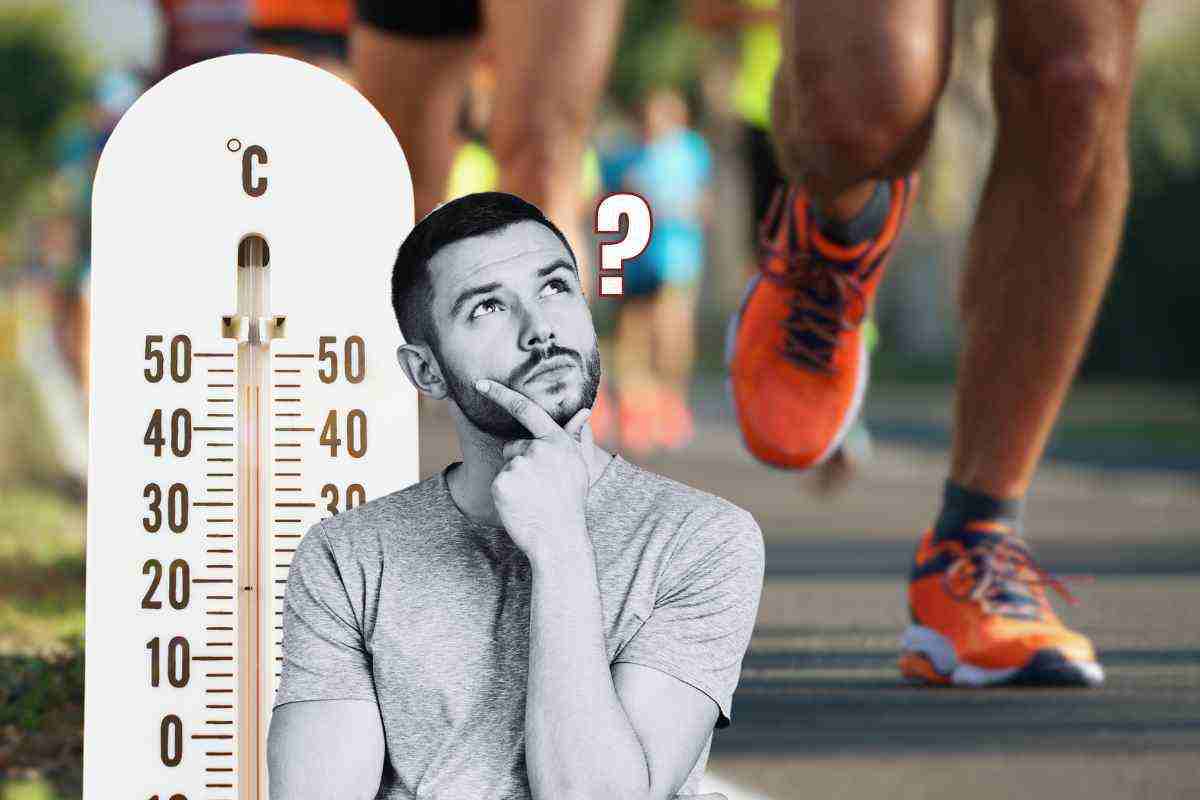Have you ever wondered how the outside temperature affects your performance? Science dispels all your doubts.
Are you passionate about running? Then you will surely have experienced the effects of heat and cold on your skin (and your muscles). A little common sense is enough to understand when it’s too cold, and therefore you need to warm up your muscles before leaving, or when it’s too hot and therefore you need to remember to drink and replenish mineral salts.
But have you ever wondered how temperatures, especially the most extreme ones, can affect your performance? What if they make you slower and more fatigued? Science comes to your aid. Let’s see what happens to your body when you run in cold temperatures, and what happens when it’s hot.
The effects of cold and heat on runners’ performance
According to studies reported by the journal Focus, the cold itself is not an obstacle to the race, as running creates heat and warms up quickly. So your body adapts quickly to environmental conditions, but be careful if you are a woman, and if you are thin: thin women suffer the impact of cold more than menbecause your body temperature drops the most.
If the heat produced by the body is lower than that dispersed into the environment, you risk going into hypothermia. Yes, even if you’re running. And the effect on performance? It is reduced by 5% at temperatures of -20°C. If you are a runner in Italy you can feel reasonably safe!
As for the heaton the other hand, during the ride the risks are those of running into heat stress, drops in blood pressure, increases in heart rate and dehydration. This is why it is good to remember to make the necessary stops so as not to put the cardiovascular system under strain and to drink water, perhaps in combination with a mineral salt supplement.
The heat affects the speed and performance of runners
Also according to the studies, the optimal temperature for running in short-range races it fits between 10 and 15°Cwhile for the marathon it swings between 10 and 12°C. Those who had to face abnormal temperatures were the British who participated in the London Marathon 2018with a significant impact on performance: a study by the International Journal of Environmental Research and Public Health has found a correlation between that day’s temperature and the average results of the participants.
Research has shown that the temperature, being the highest ever recorded in the race’s 37-year history with ben 24.1°Chave significantly slowed down the final average time of participants, which was worse than in all other marathons.
